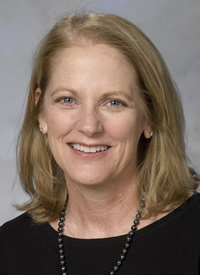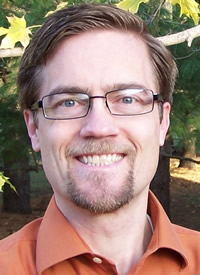Addressing Current and Anticipated Challenges in Science and STEM Education
By Elizabeth Allan, NSTA President-Elect, and Kevin Anderson, President, Council of State Science Supervisors
Posted on 2020-05-19
Disclaimer: The views expressed in this blog post are those of the author(s) and do not necessarily reflect the official position of the National Science Teaching Association (NSTA).
Over the last few months, school districts across the country have been thrown into turmoil as teachers, parents, and administrators grapple with the COVID-19 pandemic that shut schools down almost overnight and led to a new and uncharted path for providing education to millions of students, with new challenges for equitably meeting the needs of all students.
As leaders of the National Science Teaching Association and the Council of State Science Supervisors, we are amazed at how well—and how quickly—educators of science have adapted to this new normal. We applaud those who are teaching our students for their dedication and creativity as they adjust to remote learning.
We are concerned about the many challenges that our teachers will face this fall. In many areas of the country, educators and students are still contending with home connectivity issues, and schools are struggling to provide students with devices to access distance learning instruction. Too many schools lack options beyond paper packets or must rely on instructional practices that do not move beyond content delivery. The resulting inequality of digital access, and effective science learning in general, is something that is not acceptable and must be remedied.
To address the anticipated shortfalls in state and local budgets, it is imperative that continued emergency funding be provided to K–12 schools to support the health and safety of students and the continuity of their learning. Notably, it is projected that an estimated 20% loss in combined state and local revenues could lead to nearly 300,000 teachers being laid off from schools nationwide.

Elizabeth “Beth” Allan, Ph.D., is president-elect of the National Science Teaching Association. Allan is currently Professor of Biology and Coordinator of the Secondary Science Education program at the University of Central Oklahoma in Edmond, Oklahoma.

Kevin J. B. Anderson, Ph.D., is the Science Education Consultant for the Wisconsin Department of Public Instruction, for which he also helps lead STEM education efforts. He has researched effective STEM instruction and school change, and taught middle school science and mathematics.
Advocacy General Science Policy STEM


